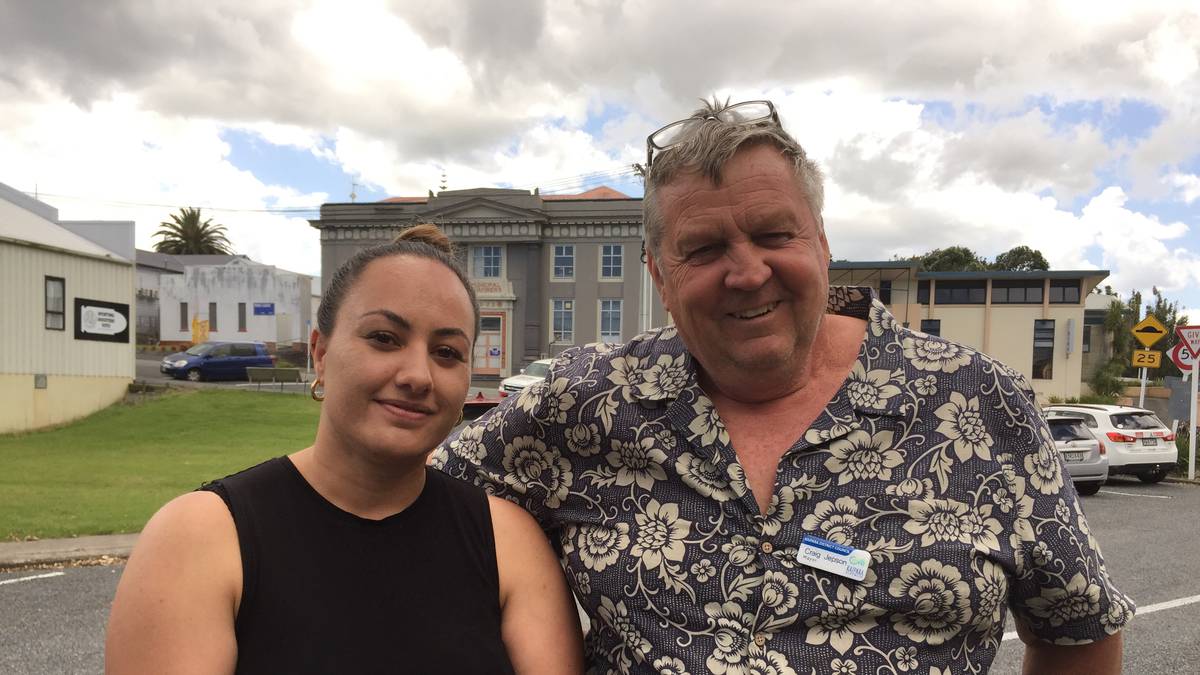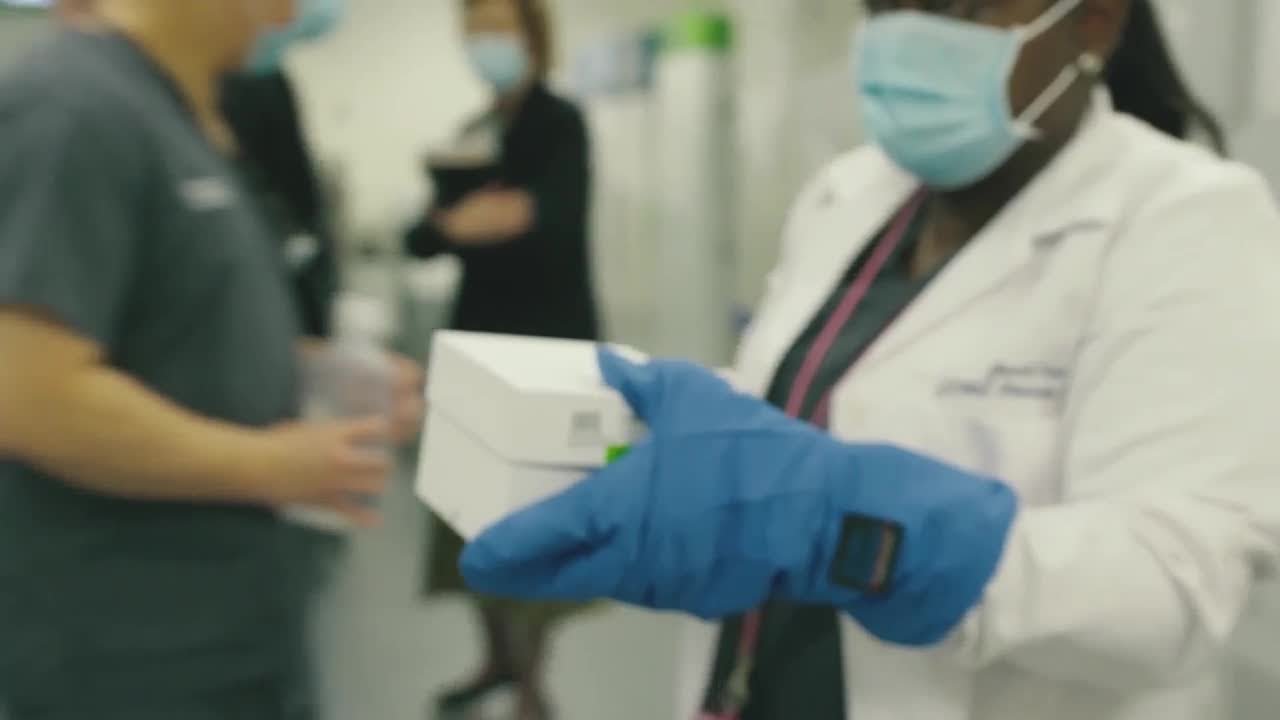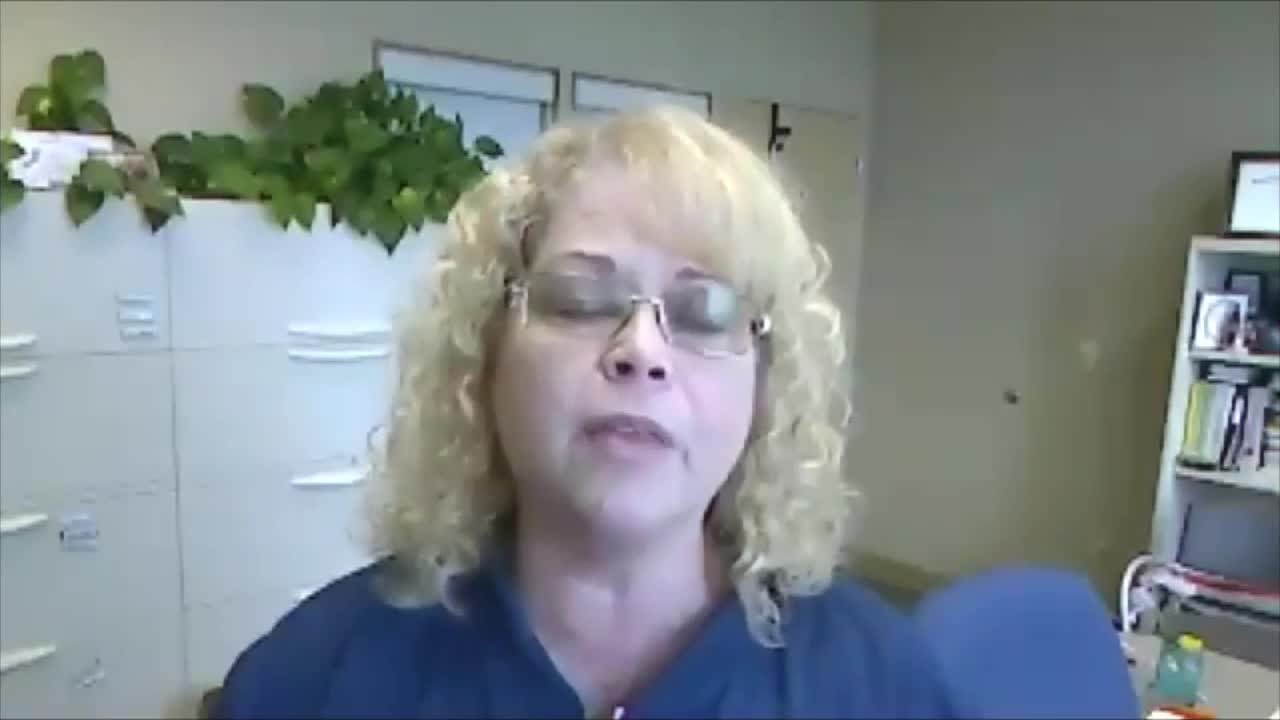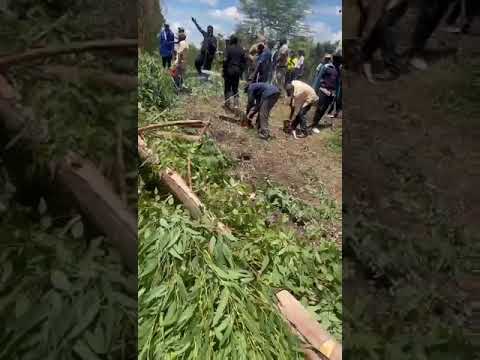Kaipara Mayor Craig Jepson and Councillor Pera Paniora in Dargaville on Sunday during Cyclone Gabrielle response work.
Photo / Susan Botting
Kaipara District Council’s sole Māori ward councillor says she will not give up the fight to have karakia at meetings after her mayor again attempted to stop a member of the public from saying one.
Kaipara District Council (KDC) Te Moananui o Kaipara Māori Ward councillor Pera Paniora’s comments come after mayor Craig Jepson on Wednesday attempted to stop a member of the public saying a karakia at this month’s council meeting in Mangawhai. She said he also “breached” the council’s alternative compromise on having a karakia at the start of each meeting, reached in December.
Jepson at KDC’s November meeting shut down Paniora’s attempts to open the council meeting with a karakia, as had been a council tradition for more than two decades. A compromise, signed by all councillors, was later reached, with each elected representative in turn starting the meeting with a reflection, karakia or similar, of their choice.

Jepson started this week’s Kaipara District Council (KDC) meeting in Mangawhai with comment from conservative United States economist Thomas Sowell.
Advertisement
Paniora (Te Roroa, Ngāti Whātua, Te Kuihi) said Jepson had taken up KDC’s February council meeting reflection opportunity by quoting Sowell.
The economist once said Trump was better than Barack Obama.
“When people get used to preferential treatment, equal treatment seems like discrimination,” Jepson said.
Jepson then went on to shut down Baylys Beach’s Pere Huriwai-Seger (Ngāphui, Ngāti Porou, Te Atī Awa) who stood up in the public gallery to say a karakia after the reflection.
Advertisement
Jepson said today his efforts to shut down the public speaker were nothing to do with Huriwai-Seger saying a karakia . Members of the public were not allowed to interrupt the meeting.
Jepson said he had previously also similarly censured Mangawhai community member Clive Boonham, who was a supporter of his mayoral views, but also attempted to interrupt from the public gallery,
The mayor said he would exercise his council meeting chair rights if needed at future council meetings and have those who continued to interrupt from the public gallery removed from the meeting if necessary.
Jepson said he had told those at his inauguration in October at the Oturei marae in Aratapu he would honour the processes of his hosts in that venue. He expected others to do so in reverse when it came to the marae that was the council meeting.
Paniora said what unfolded on Wednesday had changed her position on the council’s karakia compromise arrangement. She would have begrudgingly been willing to accept the compromise before what had happened at the meeting.
“I am very disappointed the mayor has already breached the compromise by the inflammatory quote he used,” Paniora said.
The intent of the compromise had been to in essence encapsulate the sentiment of a karakia which was around bringing people together, mindfulness and focusing the meeting.
Jepson rejected Paniora’s claim he had breached the compromise arrangement.
He was expressing his views that all people were equal.
“It’s interesting to note that Paniora herself initiated and signed the karakia compromise,” Jepson said.
Advertisement
Paniora said she would be working, for the rest of her three-year term, to make sure the karakia was eventually said at the start of the meeting.
Dargaville-based Paniora said the mayor’s comments had alienated a lot of people. Māori made up 40 per cent of her local population.
Meanwhile, Jepson said he had strong support for his views from councillors and the community.
Paniora accepted members of the public gallery attending a council meeting were not able to interject in meetings. However, she said tikanga stood outside that and a karakia was part of honouring the Treaty of Waitangi which was part of the law of the land and Māori lore.
She said it would be easier for KDC to simply accept the karakia than deal with whatever might be coming from the community.
Huriwai-Seger chose a karakia wairea, or cleansing karakia, aimed at making the meeting a safe place. This was chosen in the wake of the confrontation and negative energy built up from the Dargaville hikoi against Jepson’s position to KDC’s December council meeting and the council’s preceding November meeting where the first attempt at karakia from Paniora was shut down.
Advertisement
Huriwai-Seger said the mayor’s attempt to get him to stop saying his karakia trampled his mauri. Jepson rejected having done this.
“There’s no reason for him to feel trampled,” Jepson said.
Huriwai-Seger said he was at the Mangawhai council hui saying the karakia whilst Te Uri o Hau kaumatua were back in Kaipara’s west still dealing with Cyclone Gabrielle’s impacts in a district that was still in the middle of a National State of Emergency, and therefore unable to attend.
Race relations commissioner and former Gisborne mayor Meng Foon said he was disappointed in Jepson’s hardline behaviour.
“If he is banning karakia in Māori and allowing others to say prayers or sayings, that is racist,” Foon said.
“The mayor is one vote. If the councillors want karakia and the like, they should put it to a vote.
Advertisement
Jepson said in response to Foon’s comments he had good councillor support.
Jepson said he was not being racist.
“I engage with Māori all over the place.”
Councillors could choose to include a karakia, in Māori, when their turn to open the council meeting with a reflection came.
Former New Plymouth mayor and national pro-Māori ward campaigner Andrew Judd said he had been in Jepson’s position.
“I am a recovering racist. Behaving in the same way was part of my own ignorant journey,” Judd, who was Mayor from 2013-2016, said.
Advertisement
The mayor’s continuation of his anti-karakia position was embarrassing.
“We are a partner in the Treaty of Waitangi,” Judd said.
“I was shocked and hurt when I saw what he had done. I saw myself, how I once was, reiterating white Pākeha supremacy,” Judd said.
He said it was easy for Pākeha who felt as the mayor did to feel empowered by Jepson’s actions.
Judd said Jepson had a Trumpist approach which included belittling the indigenous voice.
Jepson said Judd was entitled to his opinions, but he did not agree with them.
Advertisement
Judd said was what happening over KDC’s karakia was dangerous for its councillors, other New Zealand councils and the government when nobody was speaking out.
Jepson said in response that he had received a lot of support from mayors and councils around New Zealand who were in favour of his views but did not want to stand up publicly and say so.
- Local Democracy Reporting is Public Interest Journalism funded through NZ On Air




